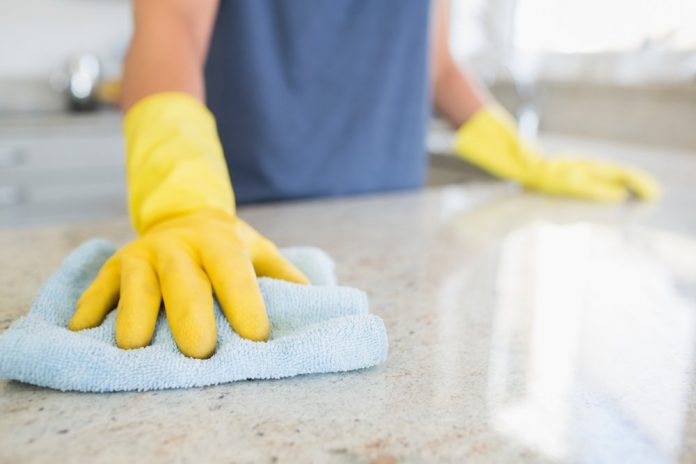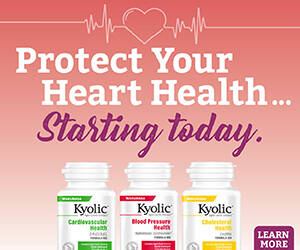
The cleaning products you use to wash your clothes, clean the toilet, wipe down the counters, mop the floors, or shampoo your carpets may be having an impact on this protective covering called the skin that is constantly being touched in some way by something. How often do you think about the effect of these items on your skin? Are you ready to take a closer look?
Chemicals and your skin
Skin is the body’s largest organ, and it also absorbs more than 60 percent of what we put on it or that makes contact with it. These two factors together suggest we need to pay a lot of attention to everything that touches us.
The cleaning products you choose to use may be doing more than shining up your bathroom tile or getting the dirt out of your carpet. When you expose your skin to traditional cleaning products or your skin is especially sensitive, you can develop contact dermatitis, a condition characterized by red, itchy, swollen skin.
To help you prevent developing this annoying and possibly life-altering condition, it’s a good idea to know who the culprits are and what you can to do protect yourself. Let’s uncover the culprits first.
Read about the 7 best supplements for your skin
Chemicals that can harm your skin
Sometimes it’s obvious that a cleaning product is not safe to get on your skin. Words such as “Danger,” “Use in a well-ventilated place,” “use gloves,” and “poison” are an indication you should leave that product on the shelf. If you don’t see these warnings, you should check out the ingredient panel. Look for the following skin irritants. This is not a complete list but some of the more common ingredients you should be aware of. Those with an asterisk are hormone disruptors, which means they can have a negative impact on your thyroid, digestion, reproductive system, nervous system, and insulin function.
- Alkylphenols*
- Ammonia
- Bisphenol A*
- Chloride and alkyl ammonium chloride
- Ammonium hydroxide
- Ammonium lauryl sulfate
- Cyclosiloxanes*
- Glycol ethers*
- Hydrochloric acid
- Hypochloric acid
- Parabens*
- Petroleum distillates
- Petroleum solvents
- Phthalates*
- Phenol
- Sodium bisulfate
- Sodium hypochlorite
- Sodium laureth sulfate
- Triclosan*
Read about toxic chemicals in traditional household cleaning products
How to protect your skin
The most important thing you can do is educate yourself. That means read labels! Then avoid using any cleaning products that contain the culprits. If you do decide to use a product with potentially harmful ingredients, be sure to follow the safety directions on the label.
- Choose natural alternatives. There’s no guarantee the use of natural cleaning products won’t cause a skin reaction if you are especially sensitive. However, all-natural products that you purchase at a store or make on your own (for example, you may use baking soda and water to clean your oven or vinegar to clean your windows) are generally gentler on the skin and better for the environment. [Editor's Note: We love the products from Nature Clean. If you are extremely sensitive choose their unscented options.]
- Don’t mix products. Combining any type of cleaning products, including those you make on your own, can be potentially dangerous. If you are making your own cleaning products, be sure to follow the “recipe.”
- Store cleaning products safely. Leave the original labels on any cleaning products, keep the lids tight, and keep them out of reach of young kids.
- Protect your skin. When handling cleaning products, be sure to wear waterproof gloves and long sleeves. If you are sensitive to latex, be sure to choose plastic or vinyl gloves.
- Clean up. Wash your hands with mild soap and warm water after you have finished using a cleaning product.
According to board-certified dermatologist Howard Sobel, if you’re looking for commercial products that are safe, “Hypoallergenic, fragrance- and oil-free formulas won’t irritate sensitive skin.” Nature Clean, for example, has natural, fragrance-free multi-surface spray cleaners, toilet cleaners, window cleaners, and laundry care products that are safe to use. In fact, all of their products list the ingredients using the proper International Nomenclature of Cosmetic Ingredients, even though it is not required for cleaning products.
While many cleaning products contain ingredients that can irritate your skin, they may also lead to more serious or chronic conditions that affect the lungs. If you experience an urge to cough, a headache, a tickling in your throat, or tearing or burning of your eyes, throat, or nose when using any cleaning products that contain chemicals, stop using the product immediately.
Treating irritated skin
What’s the first thing you want to do when you get an itchy rash? Scratch it! However, it’s best to resist that temptation because it will provide only temporary relief followed by more itching. Here are a few ways to treat irritated skin.
- Use a cold compress on the irritated skin.
- Apply a natural moisturizing cream that contains aloe, vitamin E, or coconut oil.
- Use plain coconut oil, vitamin E oil, or aloe directly from the leaves.
- Take a warm to cool bath in which you place colloidal oats or baking soda. Soak for 10 to 15 minutes and then rinse off with warm water.
Bottom line
Household cleaning products can cause contact dermatitis and have a negative impact on quality of life. An alternative is to use all-natural products, such as those provided by Nature Clean, which contains plant-based fragrances, essential oils, and natural food flavors and is free of all dyes and colorants.











